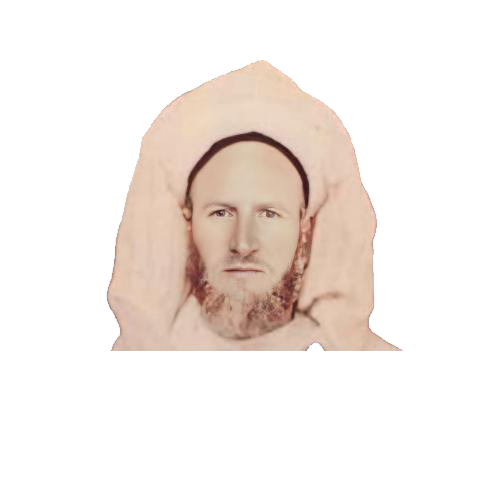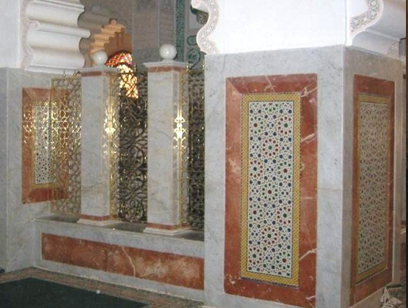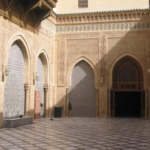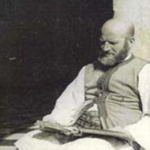The Tijani way is the commitment to the remembrance (dhikr), the prescribed daily supplications (wird), and the Hailala (the phrase “La ilaha illallah” – “There is no god but Allah”) for life. These invocations are passed down to the Tijani disciple through permission from one guide to another, until the chain of transmission (silsila) reaches our master, Sheikh Sidi Ahmed Tijani, may Allah sanctify his soul, who, in turn, received the way from our Prophet Muhammad (PBUH).
The Prophet (PBUH) himself arranged the dhikr and guaranteed those who follow this path access to the Presence of Allah Almighty through it. The prescribed and noble dhikr, which was arranged by the Seal of Creation (PBUH), is: 100 times “Astaghfirullaha” (I ask forgiveness from Allah), 100 times the Salat al-Fatiha (Salat upon the Prophet, the opener of what is closed), and 100 times “La ilaha illallah” (There is no god but Allah). This dhikr is obligatory for those on the Muhammadan path, recited once in the morning and once in the evening.
The noble daily supplication (wazifa) is: “Astaghfirullaha al-Azim, al-Ladhi la ilaha illa huwa, al-Hayyul-Qayyum” (I ask forgiveness from Allah, the Almighty, the Living, the Sustainer) thirty times; Salat al-Fatiha 50 times; the Hailala (La ilaha illallah) 100 times; the Jewel of Perfection (Jawharat al-Kamal) twelve times. This can be recited either in the morning or in the evening, with the congregation. If there are fellow Tijani brothers in the town, it is performed with them; if one is alone and does not find a group, they can recite it alone.
The Hailala (La ilaha illallah) should also be recited after the Asr prayer on Fridays until sunset. It should be recited with Tijani brothers if available, otherwise, it can be recited alone. The recitation is required to be done in a set number, ranging from one hundred to twelve hundred repetitions.
One of the most important conditions of the Tijani way is to maintain the prayers (salat) on time. The obligatory prayers (fard) should be performed in the best possible manner, especially the five daily prayers, and after that, the door to performing additional voluntary prayers (nawafil) is opened. The Prophet (PBUH) narrated from Allah, saying: “My servant does not draw near to Me with anything more beloved to Me than what I have made obligatory upon him, and My servant continues to draw near to Me with voluntary acts (nawafil) until I love him. When I love him, I become his hearing with which he hears, and his sight with which he sees.”
Note:
- Salat al-Fatiha (the opening prayer): O Allah, send blessings upon our master Muhammad, the opener of what is closed, the seal of what preceded, the supporter of the truth by the truth, the guide to Your straight path, and upon his family, in accordance with his noble worth and great stature.
- Salat Jawharat al-Kamal: O Allah, send blessings and peace upon the eye of divine mercy, the verified ruby encompassing the center of understanding and meanings, the light of created universes, the human who possesses divine truth, the clearest lightning amidst the storms of profit, filling all vessels and seas, the shining light with which You have illuminated Your universe, enclosing all the places of space. O Allah, send blessings and peace upon the eye of truth from which the thrones of realities manifest, the eye of the soundest knowledge, Your straight and most perfect path, O Allah, send blessings and peace upon the dawn of truth by truth, the greatest treasure, Your effusion from You to You, the encompassing secret light. May peace and blessings be upon him and his family, with a prayer that draws us closer to him.





